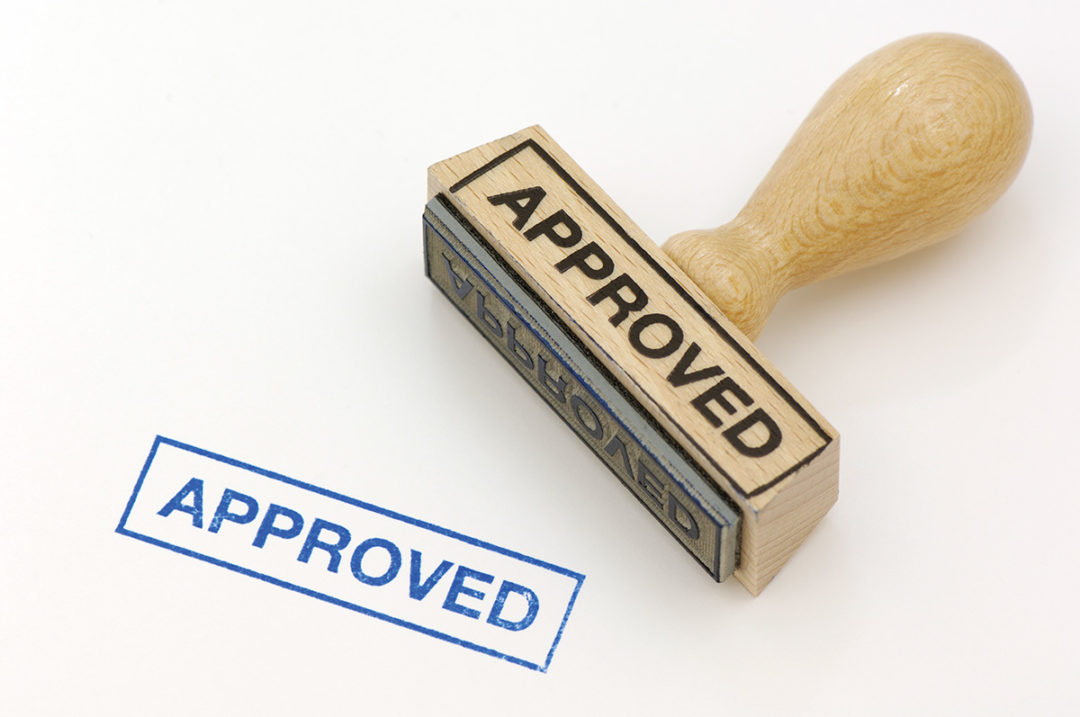Whether you’re new to farming or a seasoned veteran, gaining access to capital will make a critical difference in the success of your farm. Money is needed to purchase vital assets such as equipment, structures and seeds. There are numerous ways to obtain funds, and loans are a common capital source.
To obtain a loan, your application must be approved by an underwriter – a specialist who examines your finances. To obtain capital on favorable terms, it’s helpful to understand what underwriters are looking for and take action to accelerate the underwriting process.
There are three things you can do to make the application process as smooth as possible: Prepare your required documents, understand what underwriters are looking for and expedite the process between you and your financial institution.
1. Prepare required documents before you speak with a lender
As part of the application process, you’ll provide documentation that typically includes the following:
- A farm business plan: This should provide an overview of the agricultural operation, including the types of crops or livestock raised, the farm's size and the markets it serves. A summary of your background and abilities should be included, along with any alliances or joint ventures with other farms or companies. Your plan should also specify how the loan proceeds will be used.
- A balance sheet: This provides a clear picture of your financial situation and includes a list of your operation’s equity, liabilities and owner’s equity. Underwriters like to see a debt schedule with pertinent details like interest rates, payment amounts and schedules, and maturity dates. Additionally, lenders often prefer balance sheets from the end of the fiscal year.
- Income statement: Any document that demonstrates your revenue can be used as your income statement. Your tax return, a profit and loss statement (P&L), or CPA-prepared accrual-based statements could be requested by your lender.
- Proof of insurance: To help mitigate risk, many lenders will request proof of insurance before providing capital.
2. Understand what financial institutions are looking for in your loan application
Financial institutions evaluate potential borrowers based on the five C’s of credit: Character, capacity, capital, conditions and collateral. Understanding these criteria will make it easier to assess your company’s strengths and weaknesses in a loan application.
- Character: Character refers to your industry experience and personal credit history, including a demonstrated willingness and ability to repay debts. Be prepared to discuss any credit report blemishes, such as late payments, collections, judgments or tax liens with your banker. A thorough explanation to your lender could help move things forward with the underwriting process, and it’s helpful to highlight your skills in production, marketing and financial management.
- Capacity: Capacity is the ability to generate positive cash flow and profit to cover business operations, including any debt service. You will be asked to provide documents to show the farm’s historical and current financial situation. This may include a cash flow budget, which is a projection of future cash flows that include expected inflows, outflows, family living needs and capital expenditures.
- Capital: Your lender must review your existing financial situation before authorizing a loan, which typically involves a deep dive into your balance sheet. An underwriter needs to see that you have sufficient cash reserves and liquidity to pay off your loans if things don’t go as planned. They appreciate having information on working capital, current assets and current liabilities.
- Conditions: Lenders consider the general terms and circumstances of the loan in addition to income. This could include how long an applicant has been working in the ag industry, the state of the industry and the prospect of future employment stability. An underwriter also considers the terms of the loan, including interest rate and principal amount, and the borrower’s intended use of the funds.
- Collateral: Collateral refers to tangible assets pledged to secure the loan amount. If a borrower cannot repay its loan, the lender wants a second source of repayment. If you own high-value assets you can pledge, you may be able to obtain better conditions and lower interest rates.
3. Be proactive in expediting the loan application process between you and your financial institution
Many loan applications are delayed because applicants submit incomplete paperwork. Here are a few items to look out for on your application:
- When submitting tax returns, submit the tax returns for all entities with all respective schedules. If this is incomplete, it will lead to delays in the loan analysis.
- If providing QuickBooks balance sheets, provide a separate spreadsheet of the equipment list, cattle herd inventory, crop inventory, feed inventory, crop acreage investments and the detailed breakdown of the payments on associated debts.
- If your operation is experiencing growth or downsizing, document the differences from previous years in your budget.
- If you created a new entity in 2023, be prepared to provide articles of incorporation, operating agreements or borrower resolutions if available.
- If you are buying land or refinancing land, provide a parcel number or legal description at your earliest convenience. Real estate loan requests can take longer than operating loans because of requirements for environmental inspections and appraisals.
After you submit your loan application, look for phone calls, texts or emails from your banker seeking additional information. Prompt responses will speed up the loan decision process. If applications are incomplete, a letter will be issued within 30 days detailing the necessary items to complete the application. Although it takes time to go through the underwriting process, it validates your business strategy and signals that your farm has potential for growth. Completing the underwriting process will put your farm in a better position to meet cash flow needs and maximize profitability.




.jpg?height=auto&t=1713304395&width=285)
.jpg?height=auto&t=1713198780&width=285)
